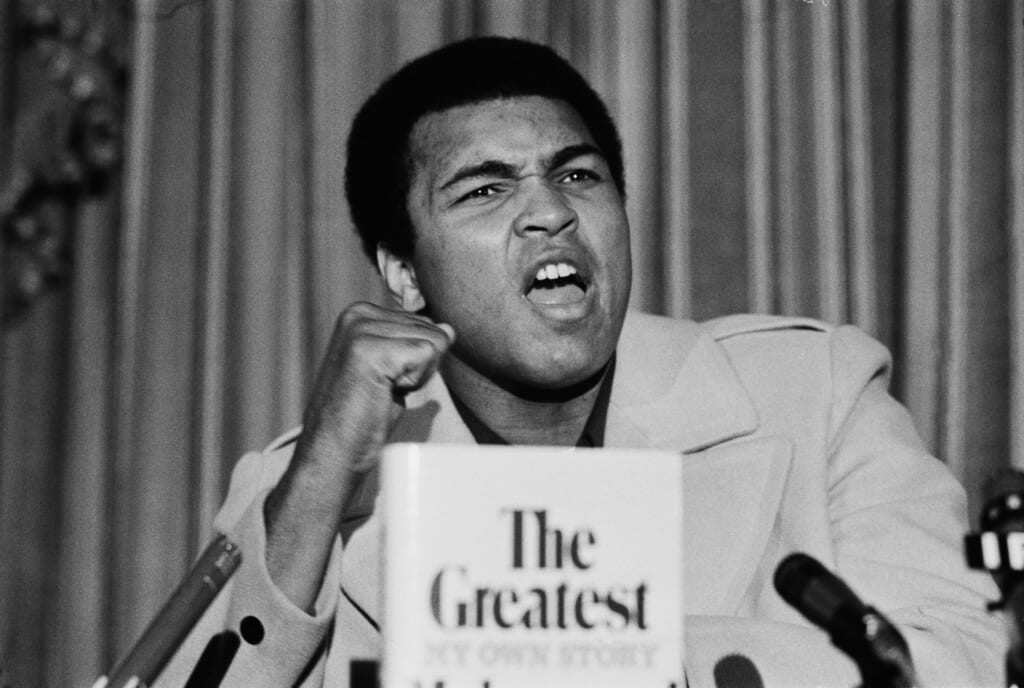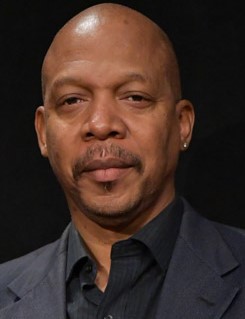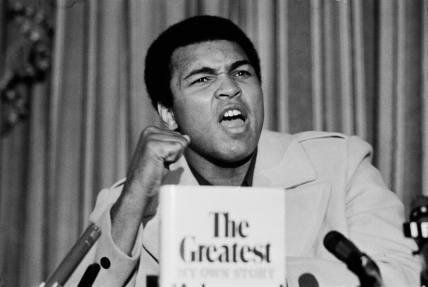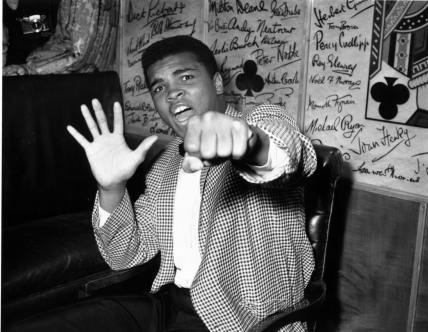That one time Muhammad Ali talked a guy off a ledge
OPINION: The little-known story of how the original GOAT, who would have turned 80 next week, saved a man from jumping off a building.
The late Muhammad Ali wasn’t shy about his place in history, even before his historic knockout of Sonny Liston to win the world heavyweight championship in February 1964.
He proclaimed himself “the greatest of all time” before his shocking upset, reiterating it immediately afterward, during that night in Miami and throughout the remainder of his Hall of Fame career. Eventually, the entire world seemed to agree with the three-time champ, who would’ve turned 80 on Jan. 17.
We don’t know how Ali celebrated his 39th birthday, which came three months after a brutal beatdown from his friend and former sparring partner Larry Holmes. But we know Ali was still “The Greatest” for reasons that extend well beyond the ring.
He had more receipts than CVS. Yet, his actions on Jan. 19, 1981 rank among the GOAT’s most GOATworthy feats.
Ali received word that a young man was perched outside the ninth floor of a Los Angeles building and threatening to jump. “Joe” had been there for hours as police officers, a psychologist and a chaplain leaned out a window and begged him to come inside. Whenever anyone got too close, Joe dangled his feet over the side. “I’m no good,” he shouted. “I’m going to jump!”
One of the onlookers was Howard Bingham, Ali’s longtime close friend, photographer and publicist. He called Ali and said the boxer showed up “about four minutes later, driving up the wrong side of the street in his Rolls-Royce with his lights blinking.”
One can only imagine the scene as arguably the world’s most famous person at the time ran into a building to save a complete stranger. But Ali was always about more than himself. Besides taking an interest in various, undistinguished individuals, he had been at the forefront of social justice causes for two decades.
Convicted of draft evasion and stripped of his heavyweight title in 1967 for refusing induction into the U.S. Army, Ali was ahead of the anti-war curve. He was a conscientious objector for religious reasons but also saw the hypocrisy between U.S. foreign policy and U.S. domestic policy.

“My conscience won’t let me go shoot my brother, or some darker people, or some poor hungry people in the mud for big powerful America,” Ali said at the time. “And shoot them for what? They never called me n—er, they never lynched me, they didn’t put no dogs on me, they didn’t rob me of my nationality, rape and kill my mother and father. … Shoot them for what? How can I shoot them poor people? Just take me to jail.”
“The Louisville Lip” refused to shut up and stick to sports. He helped inspire the likes of U.S. sprinters Tommie Smith and John Carlos, who were banned from the 1968 Olympics for their iconic Black Power salute. In his 1969 classic, The Revolt of the Black Athlete, sociologist and civil rights activist Harry Edwards called Ali “the saint of this revolution in sports.”
“He rebelled at a time when he, as an athlete, stood alone,” Edwards writes. “He lost almost everything of value to any athlete – his prestige, his income, and his title. But he maintained and enhanced the most crucial factor in the minds of black people everywhere – black dignity.”
Ali saw that dignity in Joe and saw a life worth saving. “You’re my brother!” he shouted while leaning out the window. “I love you, and I couldn’t lie to you.” Before long, Ali got to Joe, put an arm around him, and led him inside. They walked out together and drove away together in Ali’s Rolls Royce.
Joe got a helluva story to tell his friends. Ali got another brick to build his legend. Undoubtedly there are countless other “bricks” we’ve never heard about. For all his bragging and brashness, Ali was caring and compassionate. He initially scared much of the Black community but ultimately infused fans with pride and confidence, like his early mentor Malcolm X.
In December 1981, 11 months after his encounter with Joe, Ali fought for the last time, losing a unanimous decision against Trevor Berbick. His boxing career was done, and his Parkinson’s diagnosis was on the way, but he never stopped being The Greatest. He continued to lift and uplift his people until his death in June 2016.
“In some sort of ways, he talked a lot of people off the ledge,” said New York Times reporter and frequent Ali chronicler Robert Lipsyte. “I think about a guy who made people brave. That’s what he did.”
Happy birthday, champ!

An award-winning columnist and a principal of BlackDoor Ventures, Inc., Deron Snyder is a veteran journalist, stratcomm professional, author, and adjunct professor. A native of Brooklyn and an Alpha from H.U.-You Know, he resides in metropolitan D.C. with his wife, Vanessa, mother of their daughters, Sierra and Sequoia. To learn more, please visit blackdoorventures.com/deron.
Have you subscribed to theGrio podcasts “Dear Culture” or “Acting Up?” Download our newest episodes now!
TheGrio is now on Apple T.V., Amazon Fire and Roku. Download theGrio.com today!








